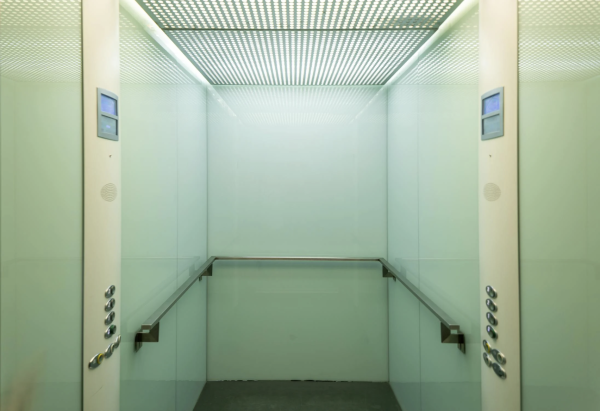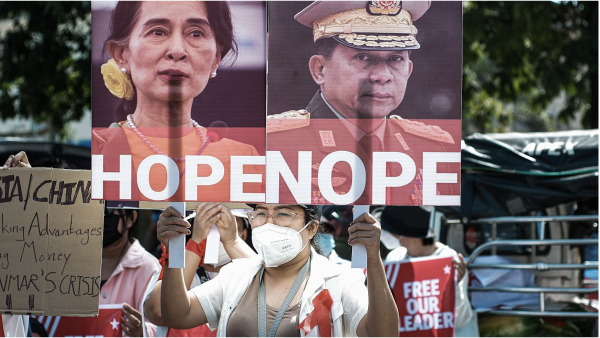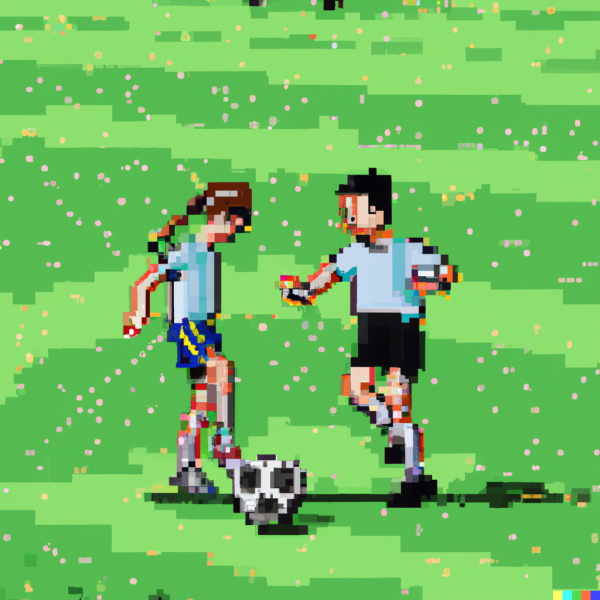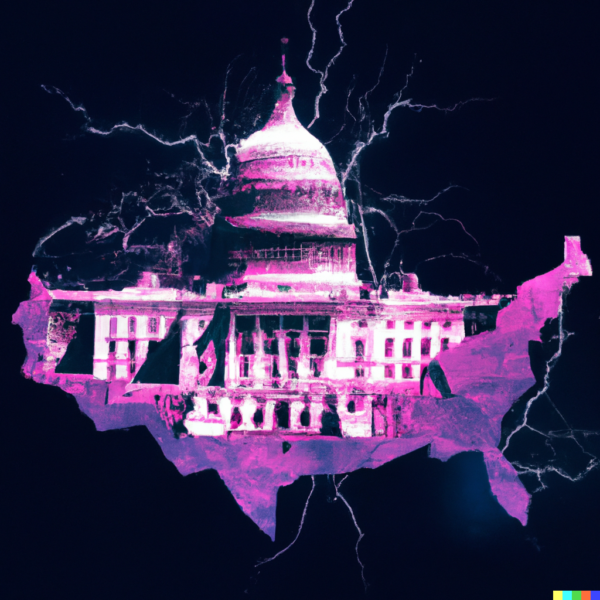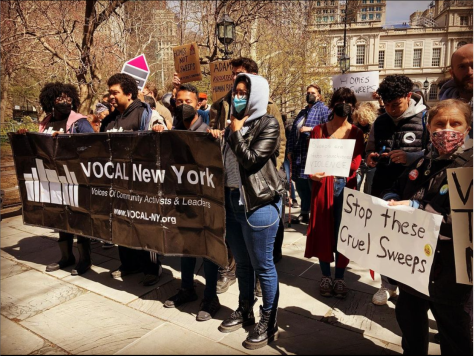Has UNIS Done Enough to Green the Blue?
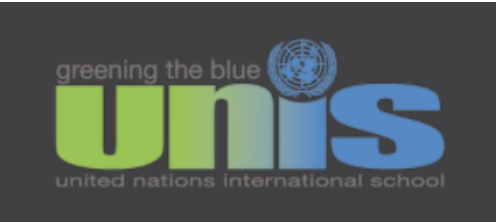
In an interview with Mr. Staccone about what UNIS has done and what we will continue to be doing to ‘Green the Blue’, I learned that the school has made many strides in an effort to improve our environmental impact. One thing that Mr. Staccone mentioned was UNIS’s bin policy in the cafeteria, which began two years ago. These are trash, paper recycling, glass, plastic, and compost bins, which were installed by Mrs. Bergholz and the Environmental Awareness Club. However, Mr. Staccone said, not everyone in the community is “rising to the occasion”. This is because, as he told me – and as I have witnessed myself on several occasions – teachers and students oftentimes put items in the wrong bins, despite there being signs that say what goes where. Additionally, there are mixed recycling bins in classrooms, for paper, plastic, and trash. However, even there, members of the UNIS community sometimes put things in the wrong bins. A suggestion made by Mr. Staccone is regarding the temperature of the building. According to him, the building should be kept cooler in the winter, as people tend to wear more layers. This would greatly reduce the heating bills for the school, as well as …. He also said that students and teachers can wear fewer layers in hotter temperatures to reduce the cooling bills and ….
Something positive he noted about UNIS is the fact that the school makes very efficient use of its space, given the number of students we have. One thing he said that surprised me was that UNIS is built over ruins of the city of Bristol, a fact many don’t know. The ruins were brought to New York and on which the UNIS foundations stand. This demonstrates good recycling of materials, in addition to the fact that UNIS is on the water and has many windows to regulate the lighting. Another improvement Mr. Staccone mentioned was a large, single space bin, for clothing and electronic battery recycling. Such materials are frequently discarded because people don’t know where to find recycling centers, so if UNIS offered one, we could reuse many things that would otherwise end up in the landfill. Mr. Staccone wanted to remind everyone that they should try to not leave their clothes in classrooms to avoid having to buy new clothes, something that is wasteful. Furthermore,, by switching to computers UNIS has saved much paper and will continue to do so as technology advances. A downside of computers, however, is that they break down and need to be replaced, which costs money and energy. Lastly, Mr. Staccone believes that UNIS should have more events to raise awareness among students, teachers, and parents. For example, on UN Day, students were able to learn about things they can do to be more environmentally conscious, through participating in activities such as Veganism, Plastic Pollution, and a workshop on other uses of plastic.



